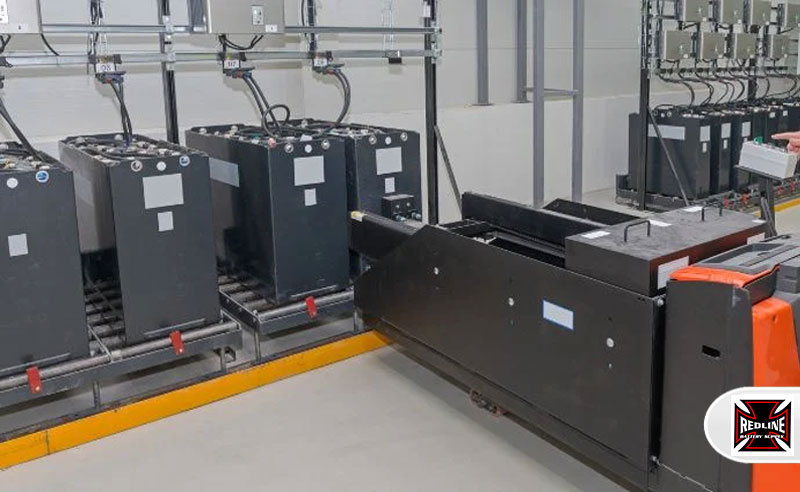
Overview:
In today’s technologically driven world, reliable and efficient power solutions are vital for business continuity and operational efficiency. Commercial batteries, ranging from small backup power units to large-scale energy storage systems, play a critical role in ensuring that businesses run smoothly, even in the face of power disruptions. This guide provides an overview of the different types of commercial batteries available, their applications, and key considerations for businesses looking to invest in these power solutions.
Types of Commercial Batteries
1. Lead-Acid Batteries: These batteries are most reliable and one of the oldest. They are often used in uninterruptible power supply (UPS) systems, forklifts, and emergency lighting.
2. Lithium-Ion Batteries: Known for their high energy density and long lifespan, lithium-ion batteries are increasingly popular in commercial applications. Although more expensive upfront, they offer lower total cost of ownership due to their efficiency and longevity.
3. Nickel-Cadmium (Ni-Cd) Batteries: Ni-Cd batteries are highly durable and can operate in extreme temperatures, making them ideal for aerospace and industrial applications. However, they suffer from a memory effect that can reduce their effective capacity over time.
4. Nickel-Metal Hydride (NiMH) Batteries: These batteries offer a higher energy density than Ni-Cd batteries and are environmentally friendlier, with less toxic materials.
Applications of Commercial Batteries
These batteries are crucial for backup power in data centers and telecommunications, ensuring uninterrupted operations during outages. In manufacturing, batteries power forklifts and other machinery, while in the renewable energy sector, they store energy generated from solar and wind installations. Electric vehicles and portable devices also rely heavily on advanced battery technology for efficient and sustainable operation.
Key Considerations for Businesses
· Energy Requirements: As per your energy requirements, determine the right battery capacity and type.
· Lifespan and Maintenance: Consider the battery’s lifespan, maintenance needs, and the cost implications of regular upkeep.
· Environmental Impact: Choose for environmentally friendly battery options and ensure proper disposal and recycling to minimize ecological footprints.
· Cost vs. Benefit: While lithium-ion batteries may have a higher initial cost, their efficiency and longer lifespan could result in lower long-term costs compared to lead-acid or Ni-Cd batteries.
Conclusion
Investing in the right commercial battery solution is crucial for ensuring business continuity and operational efficiency. By understanding the different types of batteries and their applications, businesses can make informed decisions that align with their power needs and sustainability goals. Whether for backup power, industrial use, or renewable energy storage, there is a commercial battery solution to meet every business’s requirements.
More News